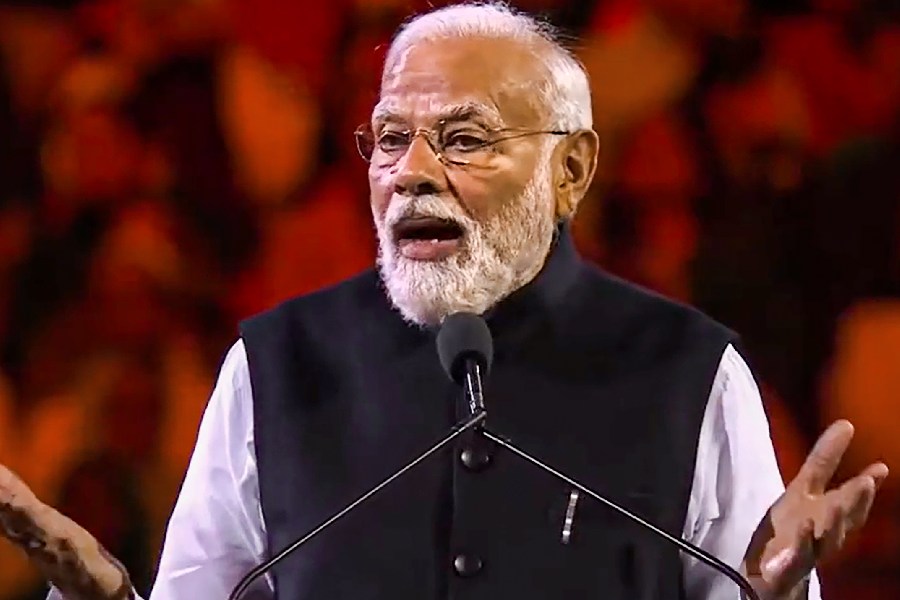Governments in recent years have not always used ordinances as instruments in times of urgent need. The Narendra Modi government had promulgated 76 ordinances by April 2021. It is an easy route to bypass parliamentary discussion, as in the case of the farm laws, for instance. But with its latest ordinance the Bharatiya Janata Party-led government has reached a different level in the violation of constitutional, democratic and federal principles. The ordinance was promulgated as soon as the Supreme Court went on vacation after its judgment returning the control of services — the posting of bureaucrats — to the Delhi government. This was overturned in the Centre’s ordinance, by which a statutory body would have control over services with the lieutenant-governor as the final authority. At one level, this is part of the continuing tussle between the Centre and the elected government of Delhi over control; clearly, Mr Modi’s government will not let go of its grip in spite of an apex court ruling. The ordinance would ensure the loyalty of bureaucrats to the Union government rather than the National Capital Territory government under which they have been posted. Allied to this is the bulldozing of people’s rights. Taking over an elected government’s rights to hand them over to unelected politicians in a bid for unopposed power attacks the basis of democracy.
The ordinance affects not just the NCTD but is an omen for all Opposition states. When Kashmir was downgraded from a state to a Union Territory, the rights of the people and of an elected government were demolished too. Ironically, Delhi’s chief minister supported the Union government at that time. But the situation is now too stark for — to put it nicely — indecisiveness. The government has mounted — not for the first time, but with dizzying frankness — a severe assault on cooperative federalism, besides targeting democratic structures and processes. Yet it could have legislated on the issue later, since the judgment allows that. There was no urgency in the matter. But an ordinance that defies the constitutional bench’s ruling is a display of power. The tensions that the executive had created with the judiciary earlier were pushed up by several notches, exactly the opposite of the constitutional relations promised by the newly-anointed law minister. Losing Karnataka may have added an edge to the government’s latest drive.











